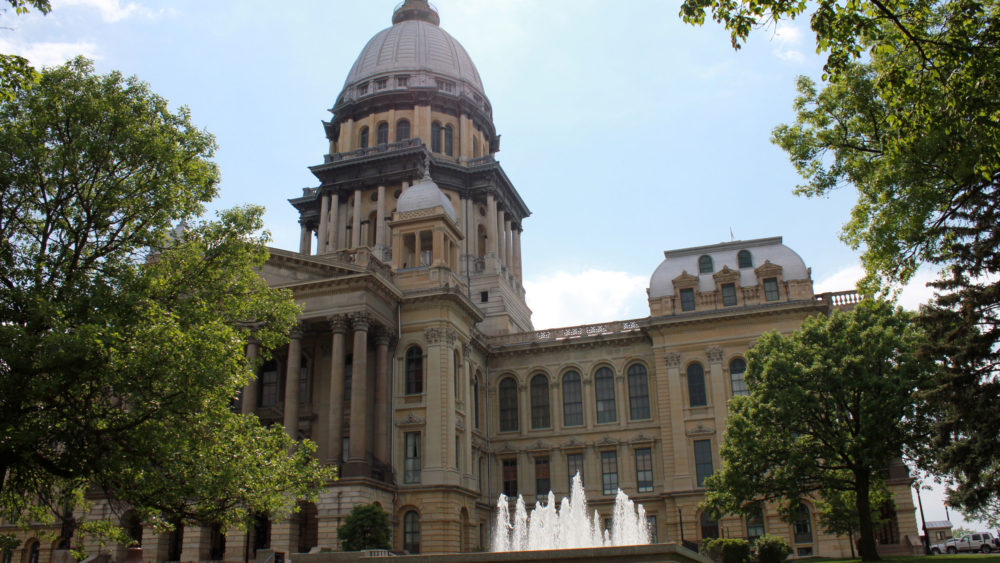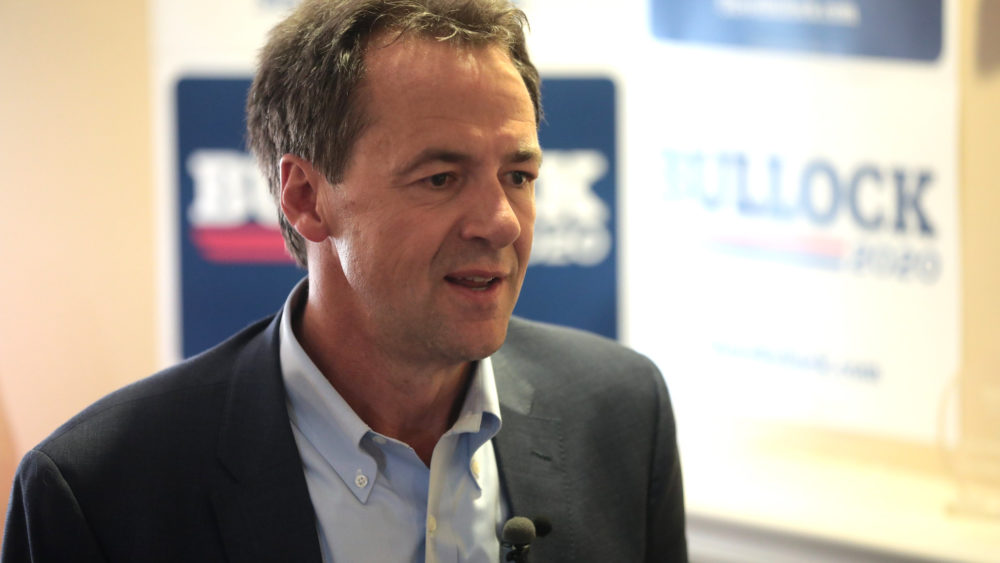November 2, 2020 •
No Report from Illinois Joint Commission on Ethics and Lobbying Reform

Illinois State Capitol Building
A group of nonpartisan organizations concerned with good governance in Illinois issued a statement calling for the immediate release of the Report of the Joint Commission on Ethics and Lobbying Reform. The Commission was supposed to release the report on […]
A group of nonpartisan organizations concerned with good governance in Illinois issued a statement calling for the immediate release of the Report of the Joint Commission on Ethics and Lobbying Reform.
The Commission was supposed to release the report on March 31.
Citing the unprecedented challenges of the COVID-19 pandemic, the committee members requested an extension in April.
However, this request was denied, leaving the completion date for the report open-ended.
In August, a group of Democratic lawmakers proposed a package of ethics reform bills for the General Assembly to take up during the veto session scheduled to begin on November 17.
Later that month House and Senate Republicans issued a demand for meetings of the Joint Commission on Ethics and Lobbying Reform to resume immediately.
No meetings have occurred and no report has been issued as the November 17 veto session approaches.
September 1, 2020 •
Judge Upholds Montana Gov’s Political Spending Disclosure Rule

Montana Gov. Steve Bullock - Gage Skidmore
A federal judge on Monday upheld an executive order by Gov. Steve Bullock requiring companies to report political spending if they want to bid on large state contracts. U.S. District Judge Charles Lovell ruled the Illinois Opportunity Project does not […]
A federal judge on Monday upheld an executive order by Gov. Steve Bullock requiring companies to report political spending if they want to bid on large state contracts.
U.S. District Judge Charles Lovell ruled the Illinois Opportunity Project does not have the legal standing to challenge the governor’s 2018 order requiring reporting of contributions even to so called dark money groups.
Judge Lovell had dismissed the complaint in January due to lack of standing.
However, he gave the Illinois Opportunity Project another chance to prove the executive order would cause it to suffer an actual or imminent, as opposed to hypothetical, loss of a legally protected right.
Under Bullock’s order, companies submitting bids for contracts valued at more than $25,000 for services or $50,000 for goods must disclose two years’ worth of political spending if the spending exceeds $2,500.
The order allows Montana to bring transparency to spending by groups classified as social welfare organizations under the federal tax code.
September 15, 2010 •
72 Hours from Donation to Broadcast
Nevada Transparency Measures to be Introduced in 2011.
 Assembly Majority Leader John Oceguera said he will pursue a number of transparency measures in the 2011 legislative session. Among those to be introduced would be a requirement for all candidates for public office to report every financial contribution online within 72 hours of receipt, including the amount received and the donor.
Assembly Majority Leader John Oceguera said he will pursue a number of transparency measures in the 2011 legislative session. Among those to be introduced would be a requirement for all candidates for public office to report every financial contribution online within 72 hours of receipt, including the amount received and the donor.
Another measure would introduce a “cooling off” period before public officials could work as lobbyists. Specifically, an elected official or regulator would be prohibited from lobbying the governmental body where the individual served, or any agency they regulated or oversaw, for a period of two years.
State and Federal Communications, Inc. provides research and consulting services for government relations professionals on lobbying laws, procurement lobbying laws, political contribution laws in the United States and Canada. Learn more by visiting stateandfed.com.

